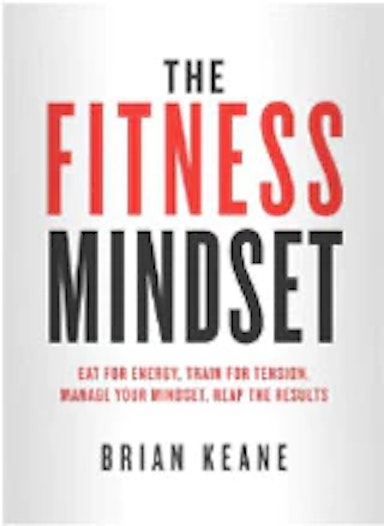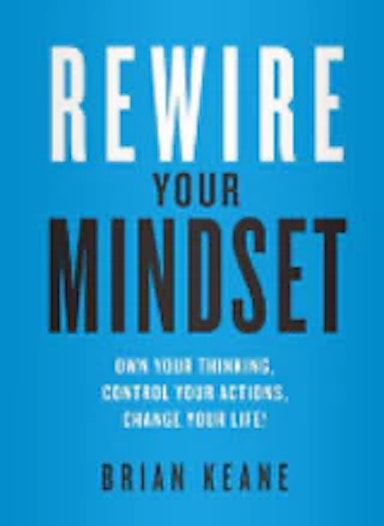Alcohol and Your Body
- By Brian Keane
I am very a much an ‘everything in moderation’ and live a life/balance approach but the primary message here is to educate you on alcohol and then let you make your own decision on how to include it in your healthy body, and healthy mind lifestyle.
We as the key to determining whether you use alcohol on a weekly basis is in the understanding of what happens to species are not really designed to drink alcohol. Very few people actually like the taste of alcohol the first time they try it.

Is Alcoholic ‘Good for me?’
There is a misconnection that alcoholic beverages are in some way ‘good for us’, this may have been true sixty years ago but today beer hops are grown on the poorest soils, assuring that you’re getting minimal nutritional value.
our body when you have it. Alcohol, being a simple chemical structure, gets rapidly absorbed through the stomach and small intestine. This is why when you drink alcohol whilst on medication, you get drunk much quicker – it works as a carrier agent for most medicines. Alcohol is metabolised by the liver and this drastically affects blood sugar balance, particularly when consumed on an empty stomach – this is why you are ‘starving’ after a night out when you have had 5 or 6 drinks.
For example, have you ever noticed that the first thing offered in a restaurant is ‘what drink would you like?’ – have you ever wondered why this is? Of course, alcohol is a large part of social outings, but there’s another reason.
Drinking alcohol, particular that has added sugar results in a rapid rise in blood sugar. This causes your pancreas to release insulin in an attempt to balance your blood sugar. Insulin circulates, does what it’s supposed to and then leaves you mildly hypoglycaemic (low blood sugar) just before your main meal comes. I’m obviously not saying this is a conspiracy theory by all restaurants to make you ‘eat more food’ but from a physiological point of view, it’s very clever.
Alcohol also works as a ‘displacing agent’ meaning when you consume alcohol with meals, it serves as a blocking agent, prohibiting the absorption of several vitamins and minerals.
Alcohol and Stomach Problems
I have had stomach problems for years, I inherited it from my mother as she has spent a large part of her life suffering with it but thankfully over the last few years, educating myself on ‘how to fix the problem’ has led me to being the healthiest I have ever been whilst simultaneously putting those same steps in place for my mum.
I made the connection a long time ago that ‘my stomach hurts after I drink’ – so much so that it led to one of the worst health issues I had in my life. Whilst drinking (heavily) at a fraternity college party in Northern California, a stomach ulcer burst and started to bleed in the middle of the party leaving my in a pool of my own blood. Regular exposure to alcohol beverages, particularly when consumed without fat or protein to slow down the absorption can cause massive damage the stomach and linings of the small intestine.
I spent an entire summer living off protein bars, potatoes and alcohol, it was little surprise that I would end up hospitalised. Alcohol, along with many medical drugs and high stress level are the primary sources of leaky gut syndrome (which I suffered with for years) – thankfully, all the tools that I’ve used in this book (healthy food, change of lifestyle) have all but eradicated my stomach problems.
Alcohol And Fat Loss
Now that I’ve explained how alcohol affects your health, this is a little insight into how it affects your actual physical body (from a looks perspective).
Again knowledge is key, how you chose to use it is entirely down to you and your lifestyle but as long as you have all the information on what’s happening, then you can make your own decision.
I have a little bit of a love/hate relationship with alcohol in terms of its affect on fat loss. On one side, your body WILL NOT burn body fat or build lean muscle tissue while its detoxifying itself of alcohol, but on the other side, alcohol moves straight to the front of the queue as your primary energy source: meaning your body will burn through it as its ‘go to’ energy source while it’s in your system.
That being said, your body using alcohol as its main energy source is a lot like your car trying to run on water; it will just break down shortly after you get going.
Have you ever gone for a run or a gym session the day after having 4 or 5 alcoholic drinks to try and ‘sweat’ the alcohol out and felt like it was coming out through your pours as you trained? This is because your body uses it as its main energy source.
That being said, alcohol is one of the first things that I re-introduce to clients once they hit their ‘target weight or physique’ – this is because small amounts of alcohol (2/3 glasses of wine on a Saturday night) will go straight to the front of the queue to be used as energy; meaning if you train with a high intensity workout, your body will burn straight through any alcohol you drink.
Also, even though I’ve mentioned the negative affects above, the actual ‘relaxation’ feeling that a small amount of alcohol can do wonders for stress levels in certain people.
Energy Source System (with alcohol)
Alcohol > Glucose > Glycogen > Fat Stores
How to use this: I recommend limiting alcohol until you get to your ‘target weight or physique’, then re-introduce it once or twice a week.
Tip: There are 64 calories in a shot of clear alcohol (Vodka, Bacardi) and 82 calories in a glass of white wine. Beer has between 200 and 300 calories per pint.
Limit your alcohol consumption to white wine and clear alcohol and save yourself a fortune on calories.
Comparisons
- 3 pints of beer: 600 kcal – 900 kcal
- 3 glasses of white wine: 246 kcal
- 3 glasses of vodka and diet mixer: 192 kcal


